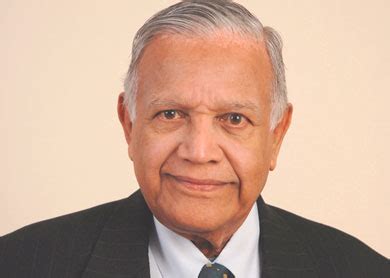A Quote by Ban Ki-moon
The Fukushima Daiichi nuclear disaster in March 2011 was an immense tragedy that sparked a global response. The international community came forward with aid to the victims and came together to address the broader concerns about nuclear security and safety.
Related Quotes
Japan hosts more forward-deployed U.S. troops than any other country and serves as home port for our only forward-deployed aircraft carrier. In 2011, when a tsunami devastated Japan and created the disaster at the Fukushima nuclear facility, the United States stood shoulder-to-shoulder with our Japanese allies to respond and rebuild.
Everything we've done has been designed to make sure that we address that number one priority. That's what the sanctions regime was all about. That's how we were able to mobilize the international community, including some folks that we are not particularly close to, to abide by these sanctions. That's how these crippling sanctions came about, was because we [USA] were able to gain global consensus that Iran having a nuclear weapon would be a problem for everybody.
What is the only provocation that could bring about the use of nuclear weapons? Nuclear weapons. What is the priority target for nuclear weapons? Nuclear weapons. What is the only established defense against nuclear weapons? Nuclear weapons. How do we prevent the use of nuclear weapons? By threatening to use nuclear weapons. And we can't get rid of nuclear weapons, because of nuclear weapons. The intransigence, it seems, is a function of the weapons themselves.
But elimination will only happen if all countries - nuclear and non-nuclear states - genuinely work towards this result. Nuclear states must abolish their arsenals, as was indicated by the unanimous opinion of the international Court of Justice, the highest international tribunal. The five nuclear states seem to expect others to refrain from obtaining bombs while at the same time maintaining their own caches of deadly weapons.




































